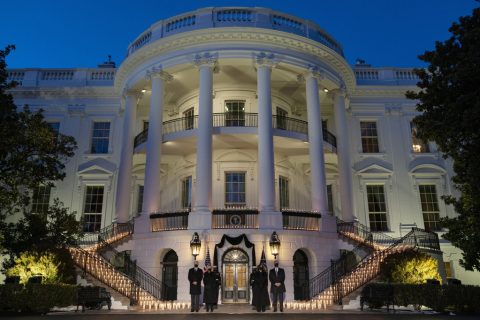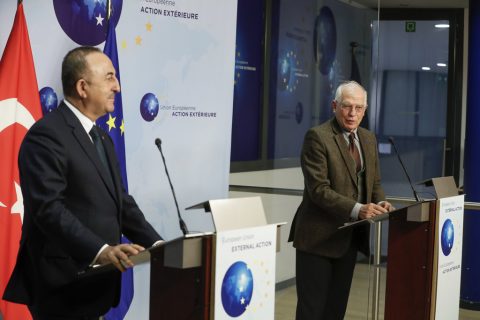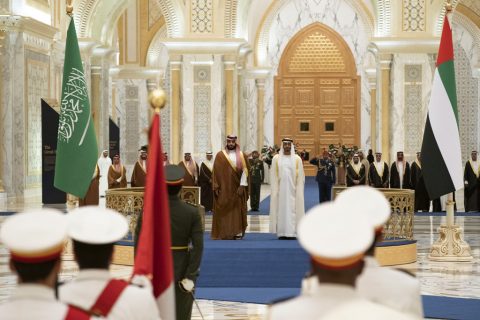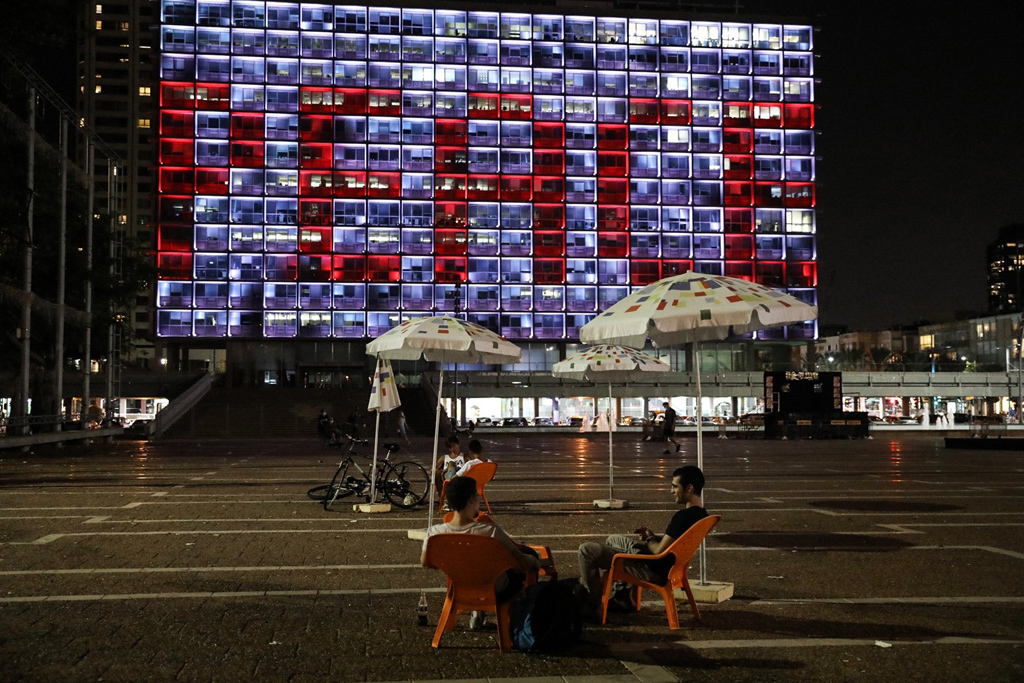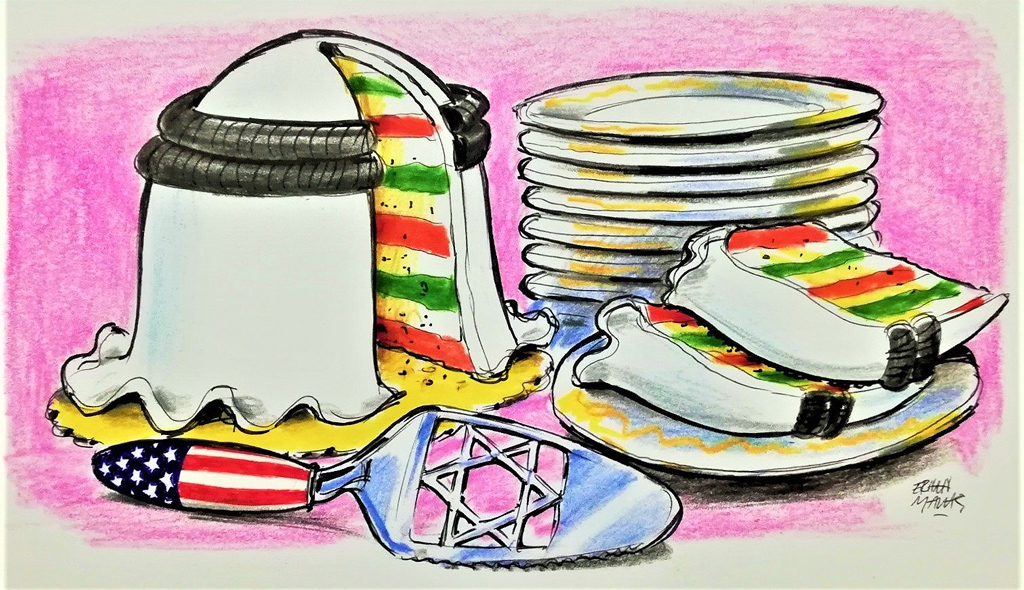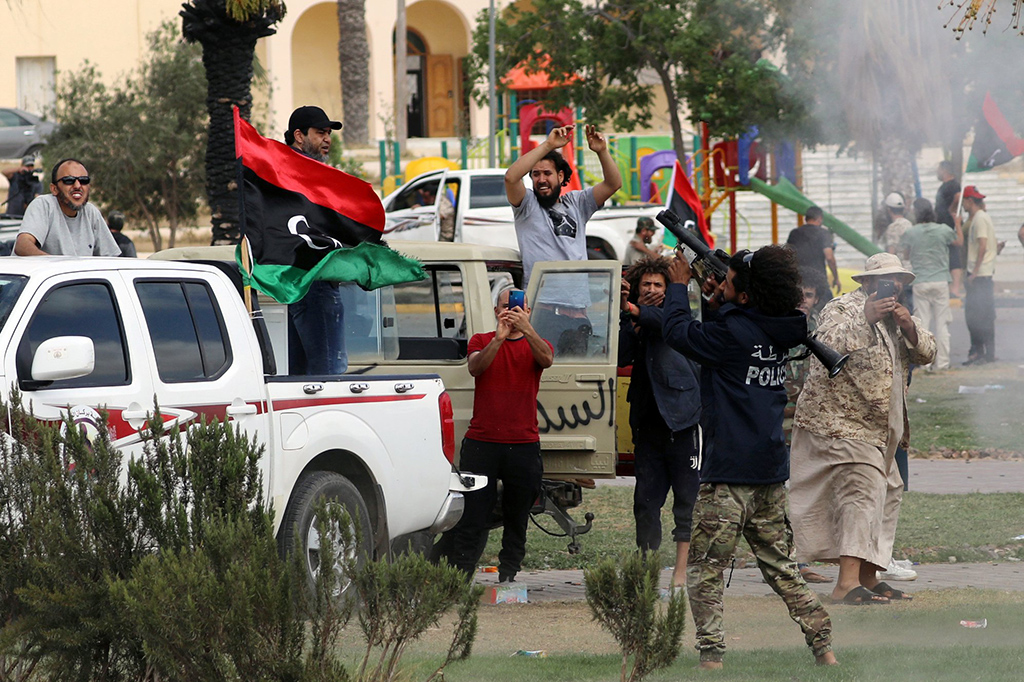Riyadh
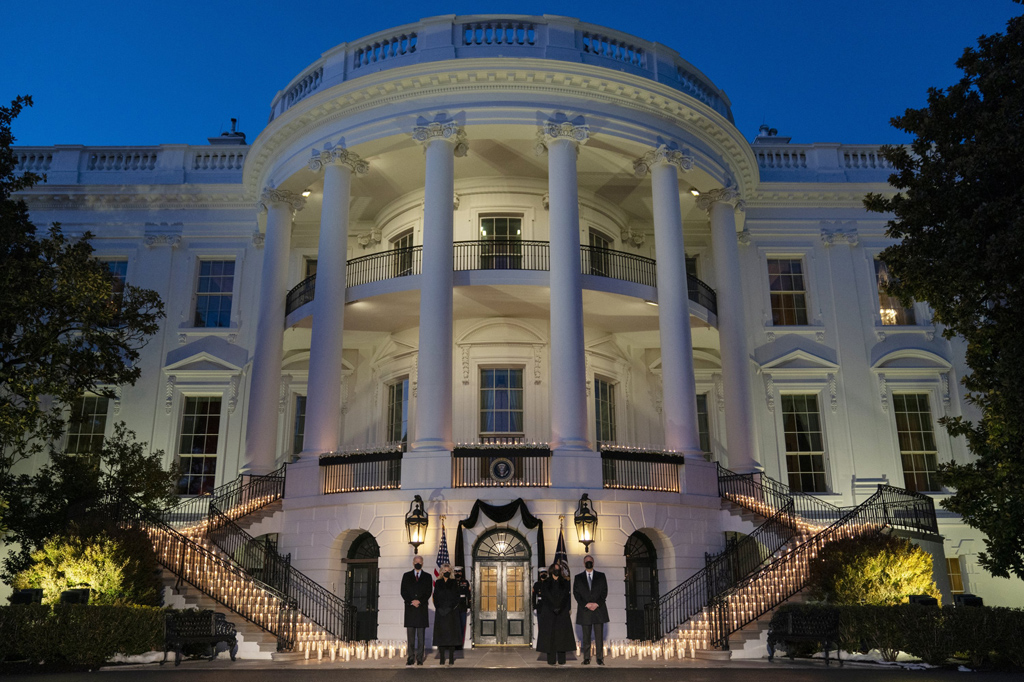
Biden’s policy toward the Middle East
| OpinionThe new U.S. administration has declared that it intends to follow a “de-Trumpization policy” in …
-
Opinion
Biden’s policy toward the Middle East
By Muhittin AtamanThe new U.S. administration has declared that it intends to follow a “de-Trumpization policy” in the Middle East.
-
Opinion
Is Ankara sincere in its renewed EU interest?
By Talha KöseBefore the European Council's leaders' summit two months ago, experts and journalists in Turkey discussed the European Union's possible sanctions. The frozen EU agenda came into the Turkish public's focus with the sanctions threat. Both sides knew that sanctions were illogical and would not contribute to bilateral relations.
-
Opinion
Qatar blockade is over but still early for regionwide reconciliation
By Talha KöseThe blockade and isolation of Qatar, led by Saudi Arabia and the United Arab Emirates (UAE), began in June 2017 and ended with a declaration at the 41st Gulf Cooperation Council (GCC) Summit on Jan. 4 in Saudi Arabia’s Al-Ula province.
Bu Konuda Daha Fazla
-
What is expected in the Middle East in 2021?
By Muhittin AtamanFor most people, the year 2020 will be remembered with negative developments, some of which have influenced many states and people throughout the world.
-
The search for the Arab world
By Muhittin AtamanIn the wake of the Arab insurgencies and revolutions, the Arab world lost touch with its role as the main carriers of Arab nationalism. In reality, the process of the dissolution of the Arab world started on 9/11 when some citizens of Saudi Arabia executed the most devastating terrorist attacks in the history of the United States. Shortly after Sept. 11, the U.S. invaded Iraq, claiming that the Saddam Hussein regime was about to produce nuclear weapons.
-
Turkish-Egyptian mutual understanding key to diplomatic solution for Libyan...
By Talha KöseTurkish-Egyptian cooperation in Libya can offer much more to Egypt's long-term interests than Cairo's current alliance with Abu Dhabi and Riyadh
-
Why coronavirus fails to end discrepancies
By Burhanettin DuranComing to terms with the coronavirus as a common, long-term threat, fresh questions rush to one’s head: Could the global pandemic reduce violence in the international arena? Could it promote solidarity rather than a great power competition? Although nations formulated their initial response at the national level, won’t they turn to global cooperation against future pandemics? Could this "global consciousness," which emerged amid the ongoing outbreak, lead the world toward solidarity rather than inequality?
-
Saudi gamble at delicate time: Detentions, oil price war
By Muhittin AtamanSaudi Arabia has been in the news for the last several weeks due to recent economic and political developments in the kingdom. If the government does not control the pace of the developments, it will be quite difficult to maintain social, economic and political stability. The ailing King Mohammad bin Salman and his son Crown Prince Mohammad bin Salman (MBS) took some seemingly significant but high-stake gambles in the last few weeks.
